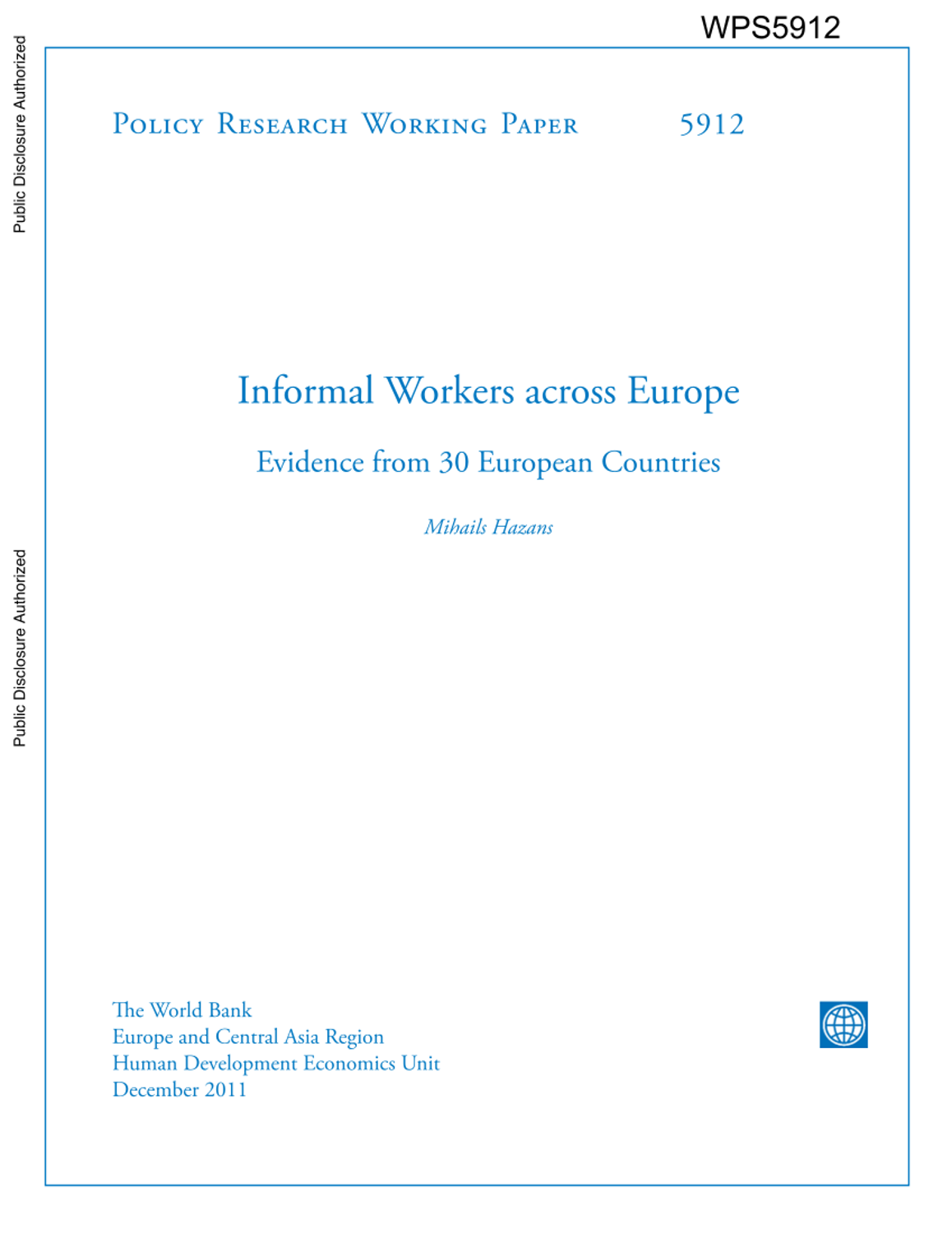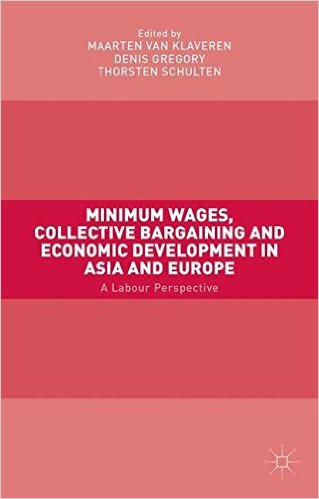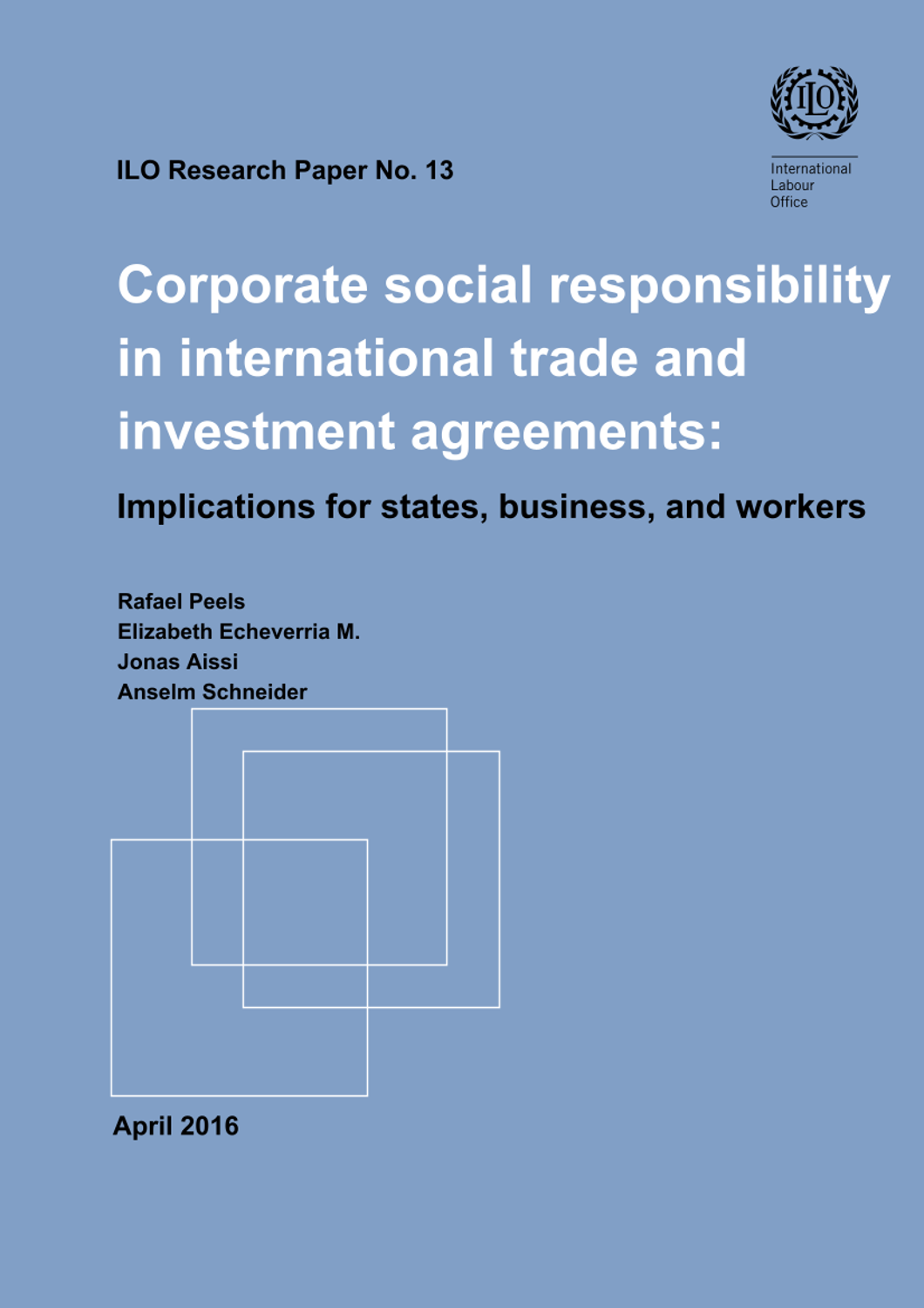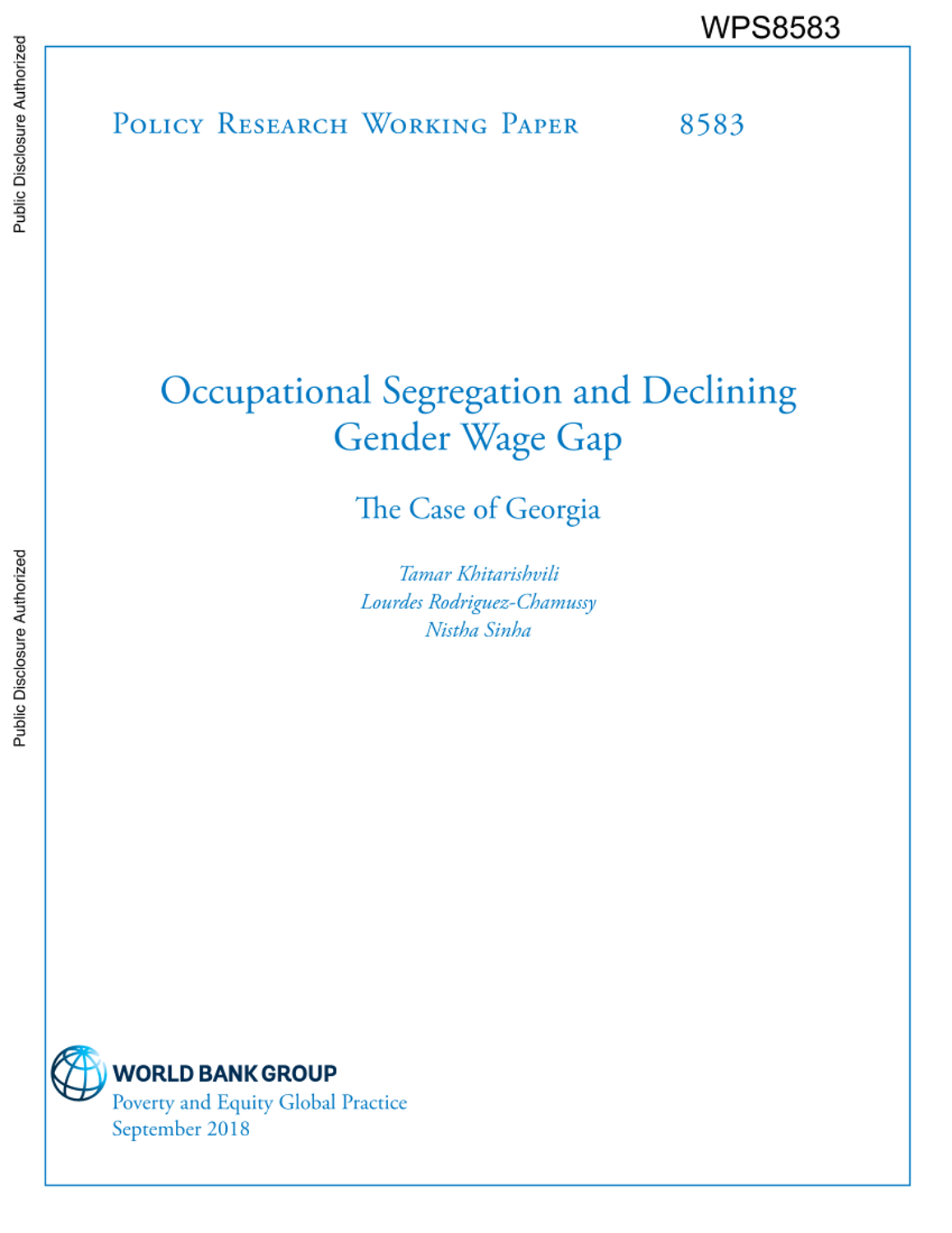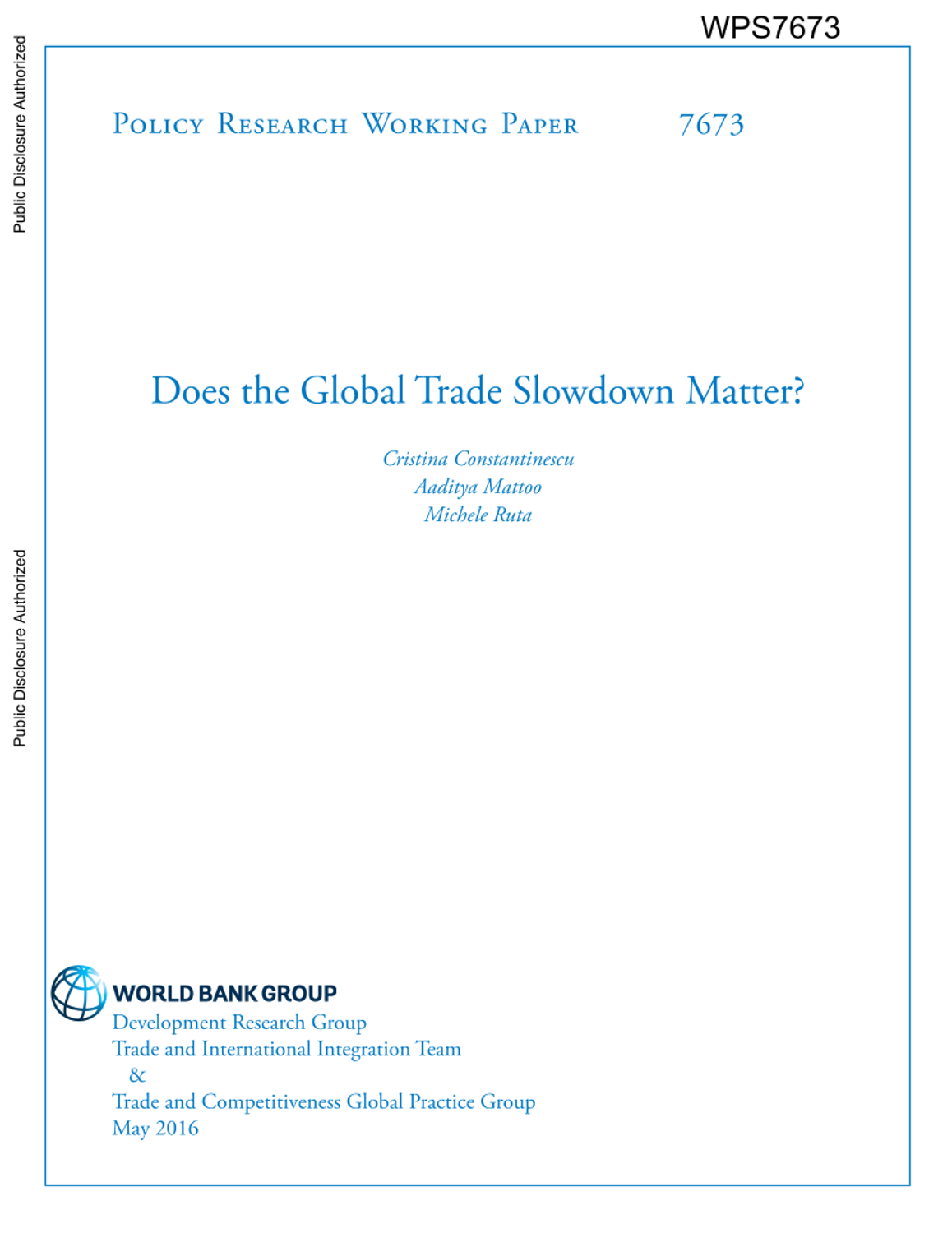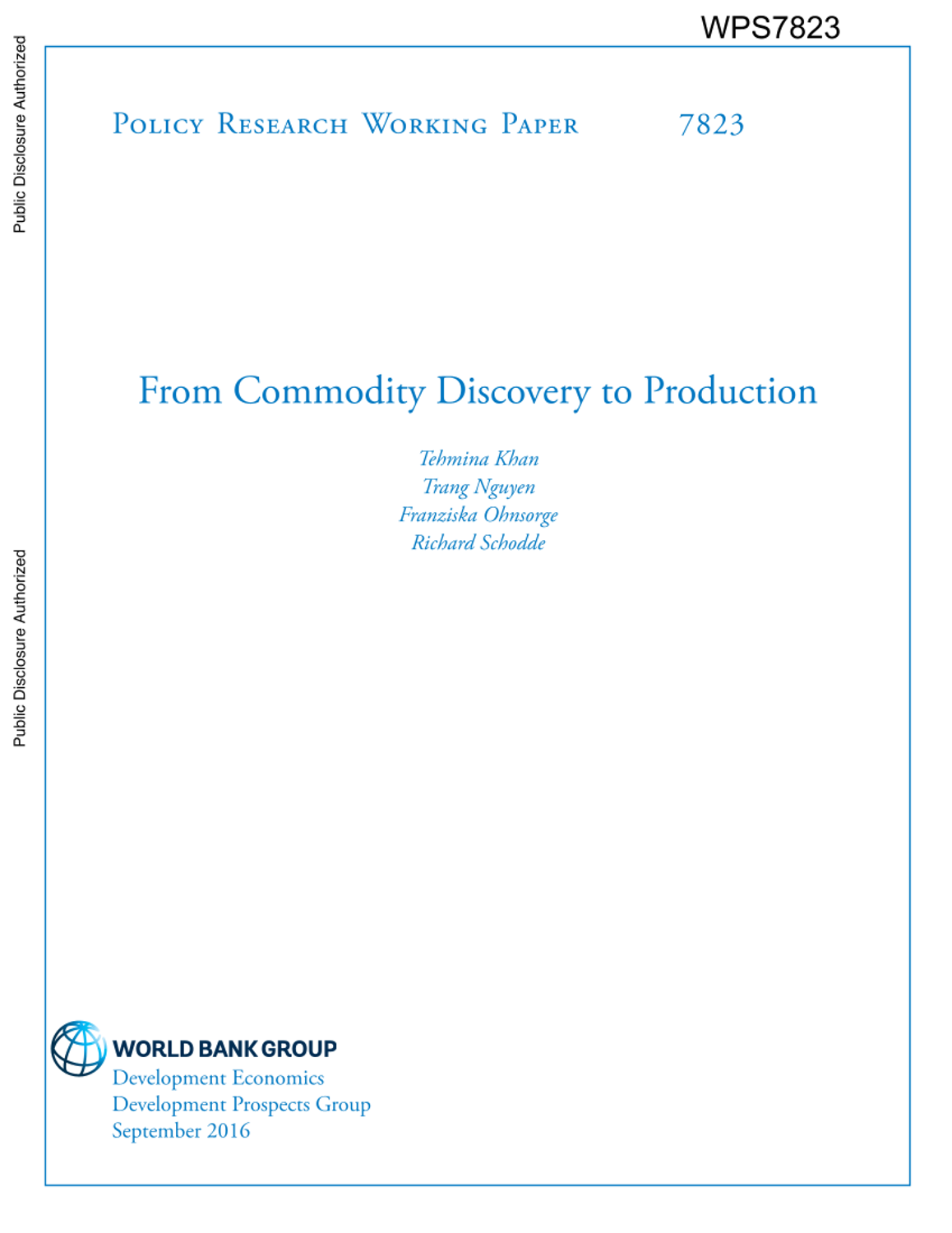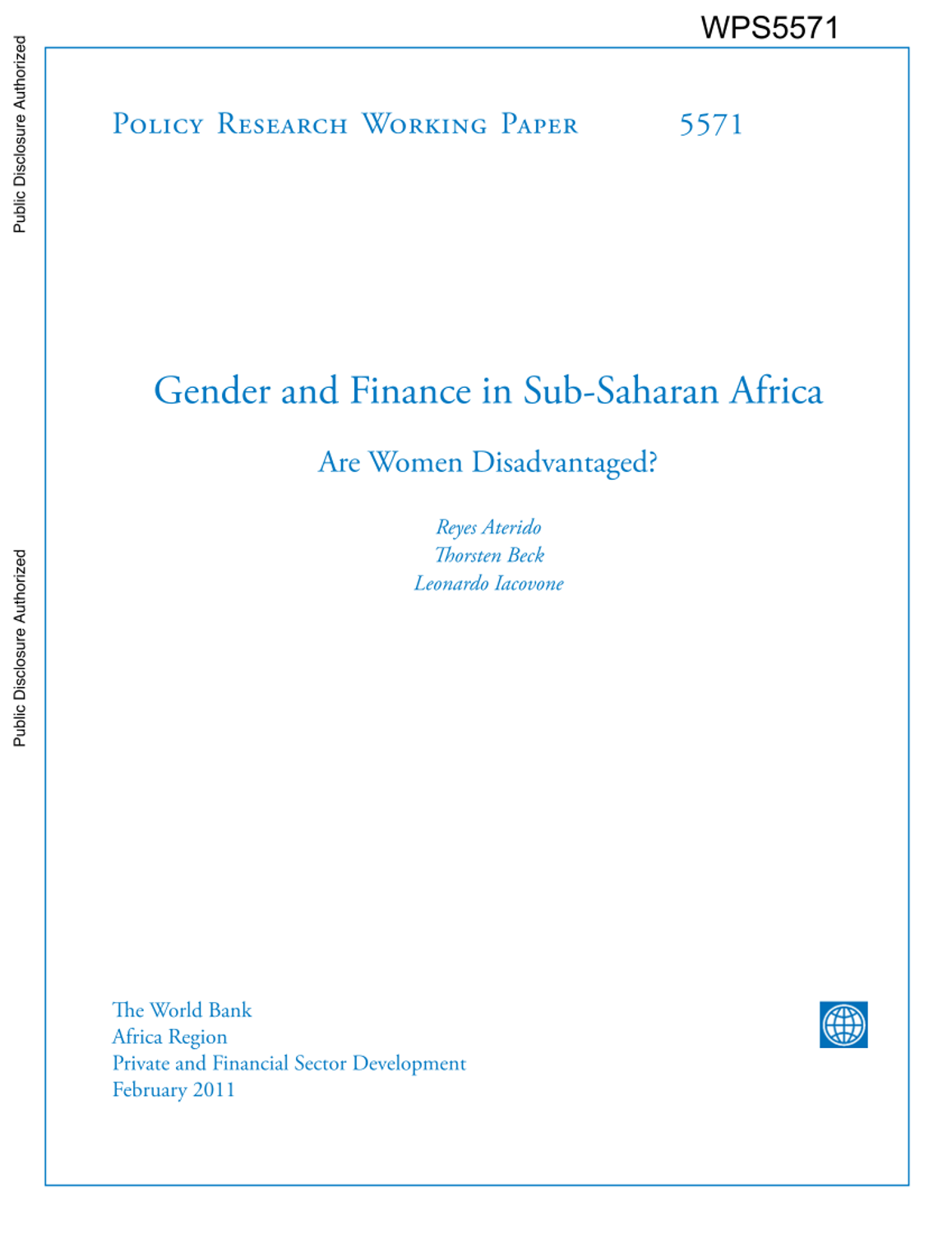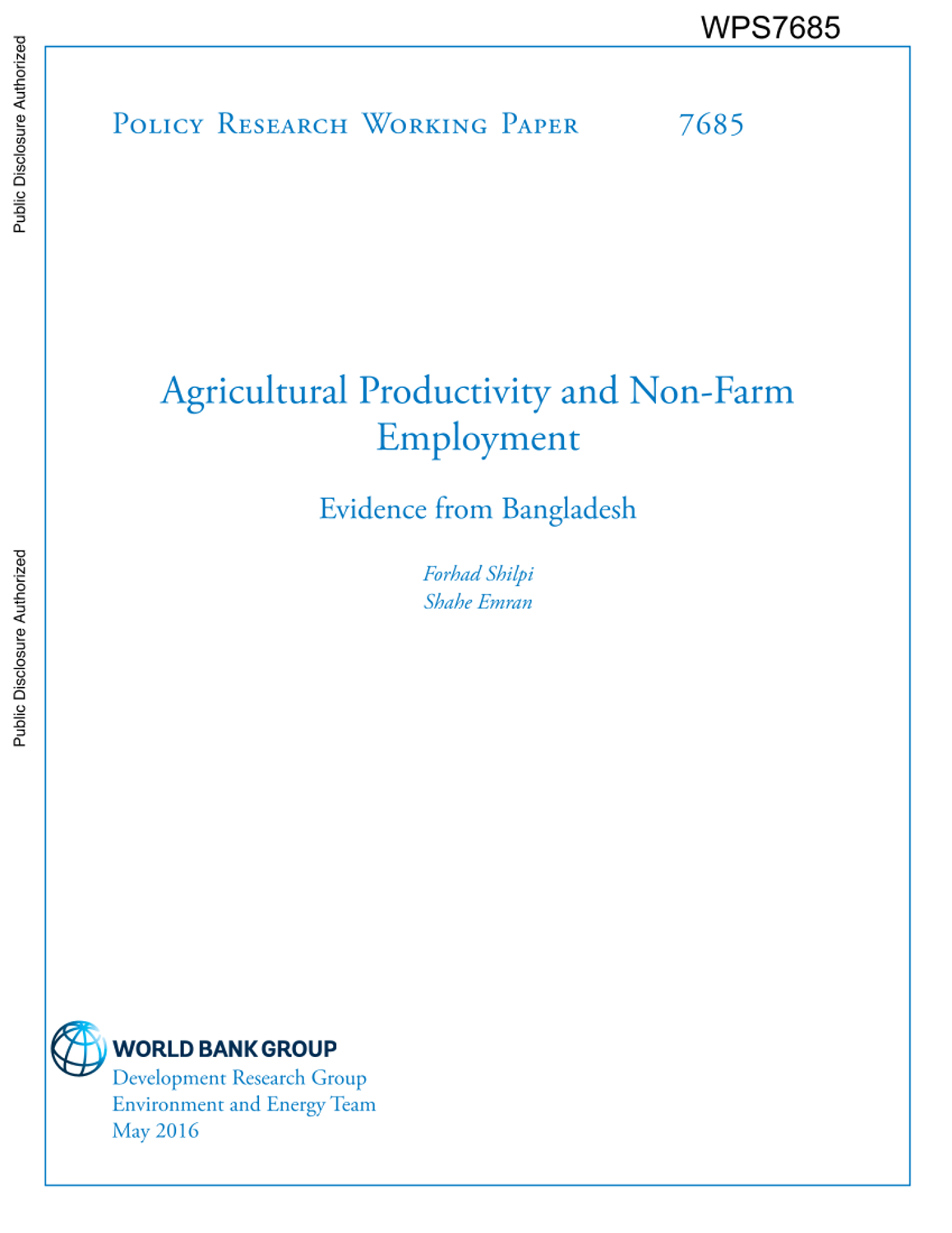단행본World Bank Policy Research Working Paper 5912
Informal workers across Europe : evidence from 30 European countries
- 청구기호
- WPS 5912
- 발행사항
- Washington,D.C : World Bank, 2011
- 형태사항
- 64 p. :. PDF file ;. 2026 KB
- 분류기호
- 듀이십진분류법->WPS
소장정보
| 위치 | 등록번호 | 청구기호 / 출력 | 상태 | 반납예정일 |
|---|---|---|---|---|
이용 가능 (1) | ||||
| E0001157 | 대출가능 | - | ||
이용 가능 (1)
- 등록번호
- E0001157
- 상태/반납예정일
- 대출가능
- -
- 위치/청구기호(출력)
책 소개
The European Social Survey data are used to analyze informal employment in 30 countries, focusing on employees without contracts and on informal self-employed workers (who are distinguished from formal workers). Overall the size of informal employment decreases from South to West to East to North. However, working without a contract is more prevalent in Eastern Europe than in the West, except for Ireland, the United Kingdom, and Austria. Between 2004 and 2009, no cases were found when unemployment and dependent informality rates in a country went up together, suggesting that working without a contract is pro-cyclical in Europe. The dependent informality rate is inversely related to skills (measured by either schooling or occupation). Both in Southern and in Western Europe, the highest dependent informality rate is found among immigrants from Central and Eastern Europe and the Former Soviet Union, while in Eastern Europe this group is second after minorities without immigrant background. In the Southern and part of Western Europe, immigrants not covered by European Union free mobility provisions are much more likely to work without a contract than otherwise similar natives. The paper provides evidence that exclusion and discrimination plays an important role in pushing employees into informality, while this seems not to be the case for informal self-employed workers. Both on average and after controlling for a rich set of individual characteristics, informal employees in all parts of Europe are having the largest financial difficulties among all categories of the employed population (yet they fare much better than the unemployed and discouraged), while informal self-employed workers are at least as well off as formal employees. Finally, there is a negative and significant effect of individual-level satisfaction with the national government on the propensity to work without a contract in Eastern Europe, as well as in Western Europe.

